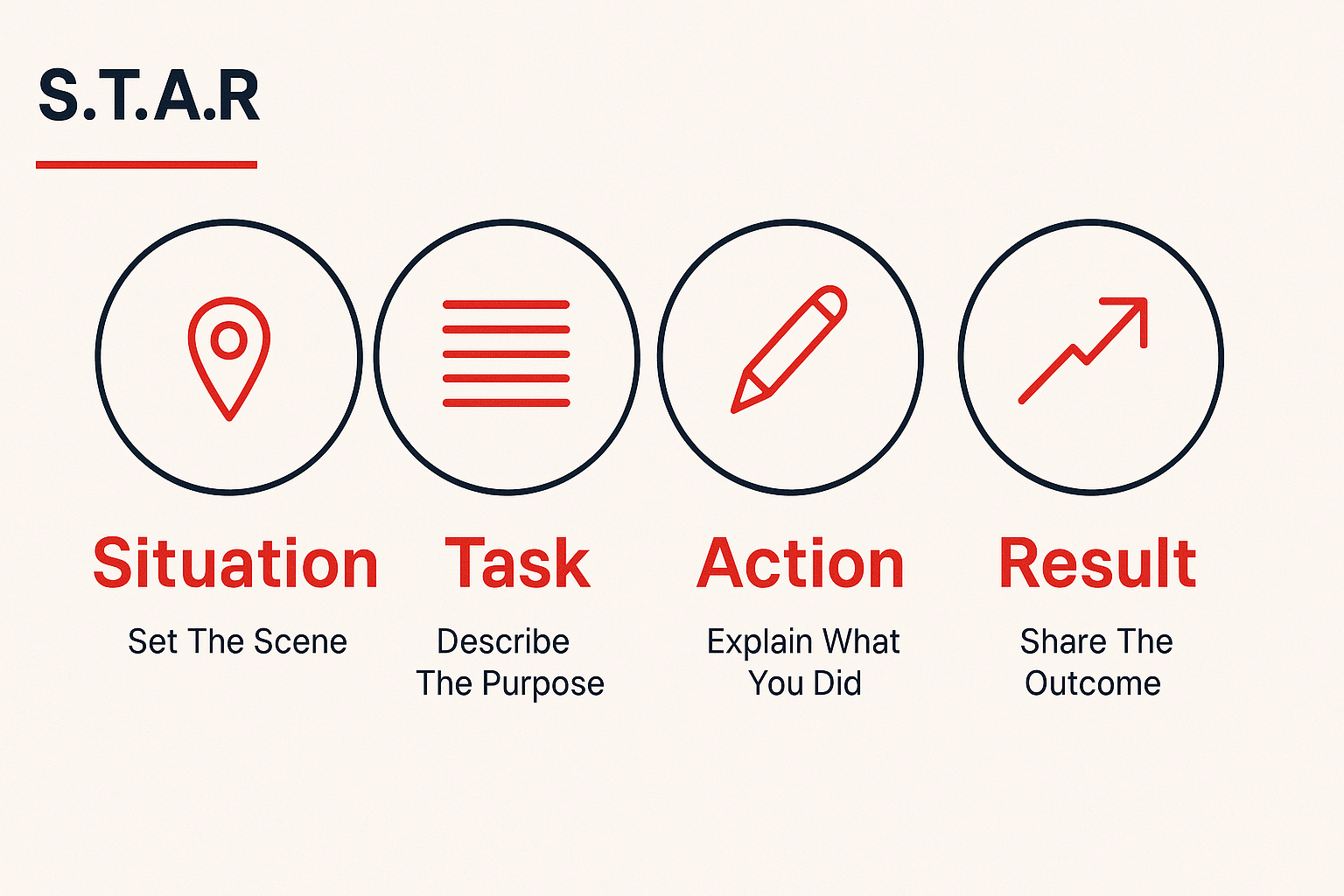It's never been more important to show your value

The past 12 months have been brutal for the job market. With plenty of layoffs hitting big tech, it's probably one of the harder times for people to find a job.
In the past few months, I've been searching for that next adventure - my situation isn't going to be like yours, but as Ops professionals (regardless of what flavour you are... more on that later) it's never been more important to think about the value you bring and how to show it.
🤔 But what is Ops anyway?
It’s a fair question. Operations doesn’t always have a clear remit, or a consistent job title, lots of companies do it differently. And to make it more complex, you’ll now find Product Ops, PeopleOps, RevOps, BizOps, Content Ops, and more all growing in popularity.
Additionally there's delivery, project and programme management and general ops leadership. There's a huge breadth of general and specialist Ops out there.
It's worth taking a moment to smile here, if you're reading this - then there's more and more companies recognising the need for Ops professionals of all different types. The craft is increasingly recognised and valued. That's definitely positive news in this tough market!
But back to the question what is Ops?
Ops is the craft of making work… work better.
It’s about building systems, clarity, and alignment to help teams focus, scale, and succeed. Not by adding process for process’ sake but by reducing friction and making the path forward smoother.
Regardless of your specialism in Ops, there's some shared principles that likely guide every Ops role.
➡️ Alignment – making sure everyone's pointed at the same goal
🔎 Clarity – reducing ambiguity and making decision-making easier
🏃♀️ Efficiency – helping teams spend time on the right things
📈 Scalability – creating systems that grow with you
📏 Measurement – showing what’s working and what’s not
↔️ Adaptability – adjusting fast when things change
You'll also need specialist knowledge, like Product methodology for ProductOps or commercial, financial and sales knowledge for RevOps.
How do you show your value?
I defined Ops first because it's important to be able to articulate why you're here. What you are going to be doing, what you're role is. You're setting yourself up by being able to say "here's my purpose and mission, I do these things for this organisation to make sure we can hit our goals".
That's only half the battle though. Once you can clearly define and talk about what you do, then you need to start thinking about how you share your wins. Especially when looking for that next job.
Introducing S.T.A.R
You know you’ve made a difference. But how do you show that to someone who’s never worked with you?
That’s where the S.T.A.R. method comes in. Originally used in competency-based interviews, and now a go-to at places like Amazon, Google, and other tech giants, it’s a simple but powerful way to tell your story - without sounding like you’re bragging or bluffing. It helps you break things down into four parts: Situation, Task, Action, and Result. Think of it like giving someone a backstage pass to how you solve problems.
Use it well, and you won’t just say you bring value - you’ll prove it.

Let's see an example
And you tell me, which one you understand better.
❌ Without S.T.A.R. – The “meh” version | ✅ With S.T.A.R. – The “hell yes” version |
|
|
🧨 What’s missing?
| 🔥 Why this hits:
|
It does take practice though and you will need
I was first introduced to S.T.A.R about 12 years ago, it's been around even longer (as far back as the 1970s) and it still takes time and practice to get into the habit of articulating things this way.
Sometimes it can even feel a bit unnatural, to structure your thoughts that way rather than just thinking out loud.
Get started by updating your CV, or Linkedin profile. Read it through or ask someone else to and see if it hits that S.T.A.R criteria. It's a quick exercise, but can make all the difference when someone is looking at your profile and might be decided if you're the one they want to interview or not.
Show your value. It's important, now more than ever.
 By
By
Comments